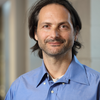Overview
Quantum Information (QI) aims to exploit the nonclassical properties of quantum systems, particularly entanglement, to surpass fundamental computing limits as defined by classical physics and information theory. For example, QI can enable exponential speedups of quantum computing (Shor) and quantum simulation (Feynman) relative to their classical analogs. QI defines the frontier of study and applications in the very foundations of modern physics. The Physics Department features highly visible research programs in theoretical and experimental QI.
Professor Israel Klich studies theoretical limits on the possible entanglement present in many body systems, among these he has discovered the most entangled spin chain model known to date, and general connections between condensed matter physics observables and multipartite entanglement, leading to its possible measurement. Professor Jones investigates implementations of quantum information in atomic physics, including quantum error correction, decoherence suppression, and novel probes of coherence in Rydberg atom ensembles. Professor Pfister’s research group in quantum optics boasts the largest multipartite entangled cluster state (a quantum state specifically tailored for quantum computing) with 60 qu-modes (continuous-variable qu-bits) in the single light beam emitted by an exotic optical parametric oscillator. Professors Klich and Pfister are also collaborating on the quantum optical simulation of intractable condensed matter systems.
Personnel
 Israel Klich
Israel KlichMy main field of interest is condensed matter physics with strong overlaps with mathematical physics and field theory. My research interests include entanglement in many-body systems, the Casimir effect, topological order and non-equilibrium statistical mechanics. More>
 Physics at Virginia
Physics at Virginia